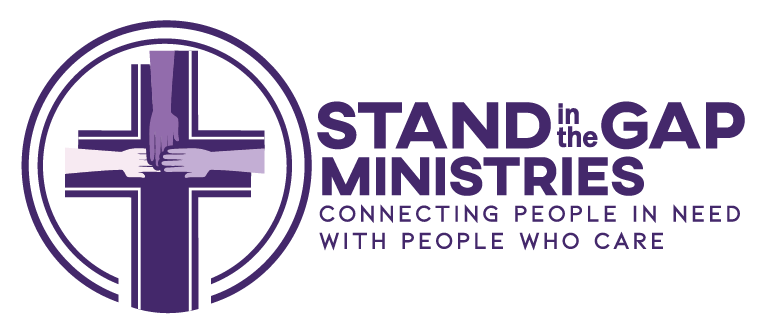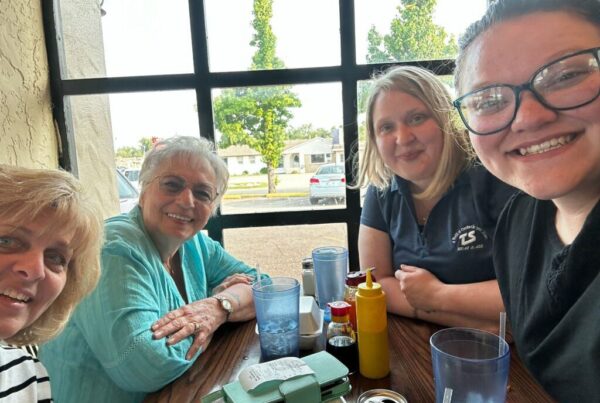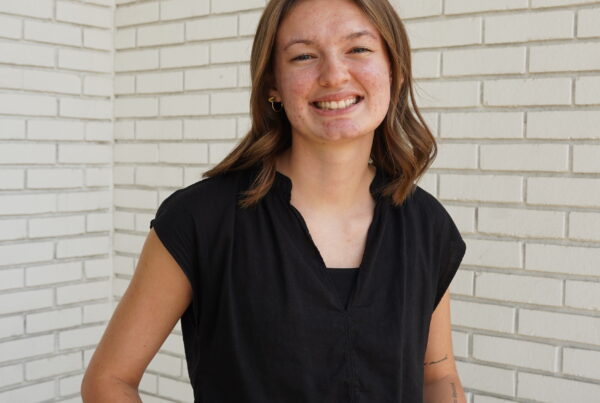Four Ways to Build Trust
Many of our Women in Transition and Life Launch clients have had their trust violated. They have, by default, called untrustworthy moms, brothers, foster dads, boyfriends, or girlfriends, trustworthy because they didn’t know better or because they didn’t have the option.
The most successful Stand in the Gap small groups are built on mutual trust and respect. Here are four ways to prove yourself trustworthy in your small group relationships.
“I don't trust people easily or quickly. But I trust my Life Launch team.”
MiloLife Launch
Honor Your Commitments
When you say something is going to happen, make sure it happens. (And, show up on time.) Many Stand in the Gap clients have experienced relationships where they were not seen as significant. So something like showing up on time to your get-togethers proves that you are considering the other person, which is a form of honoring them. When you are trustworthy with the little things, you are proving yourself trustworthy with the bigger things. (NOTE: Life happens…we get it. Calling to reschedule or say you are running late is also a way to demonstrate respect and trustworthiness.)
Don’t Move Too Fast
In all relationships healthy boundaries are an expression of trust. Former foster youth and women coming out of prison may be likely to either over-share or over-protect themselves in your first few weeks/months of meeting. Avoid the temptation to over-share to match or compensate. Instead, demonstrate how healthy relationships develop over time by respecting the boundaries you would have in place in any other new relationship.
Follow Their Lead
BUT, when your “neighbor” starts being vulnerable (if you feel safe) open up about your life as well. Try to share about yourself without hijacking the conversation (maybe wait until your next meeting). Refusing to admit your own mistakes or faults will eventually make your youth feel isolated in your relationship while healthy sharing will deepen trust.
Be Yourself
Avoid trying to act in a way that you think will make you more likable or relatable. Model being comfortable in your own skin instead of acting differently for different “audiences”. Part of the Stand in the Gap methodology is introducing youth, ex-offenders, and volunteers to people from different cultures, ethnicities, and backgrounds. You bring an important perspective to your group!



